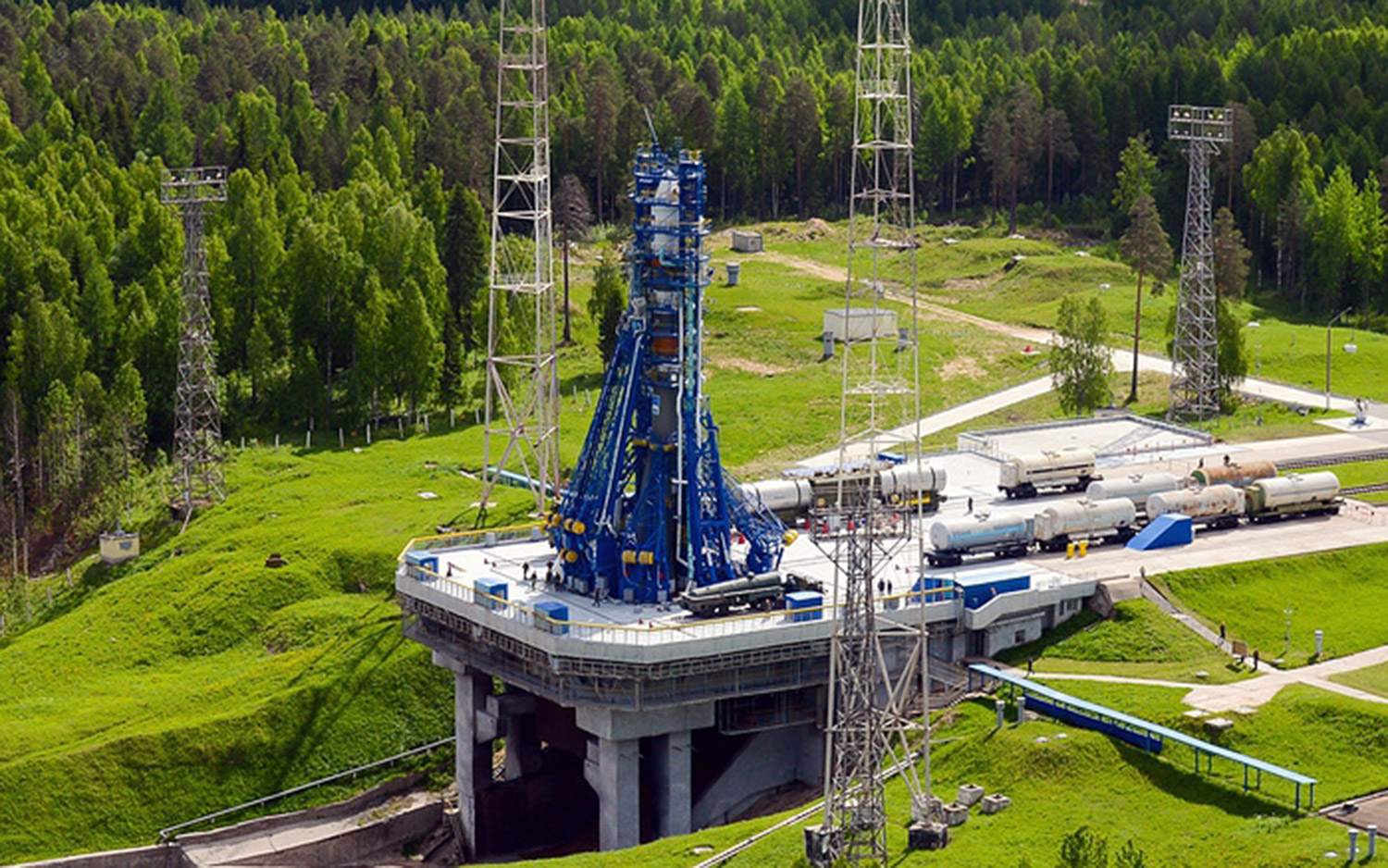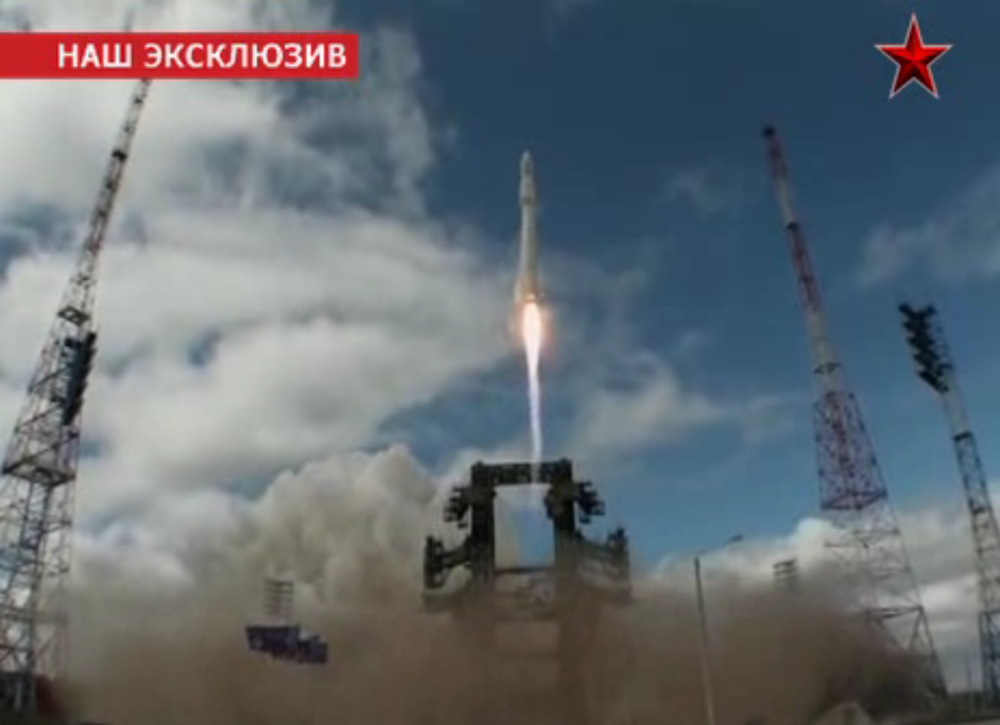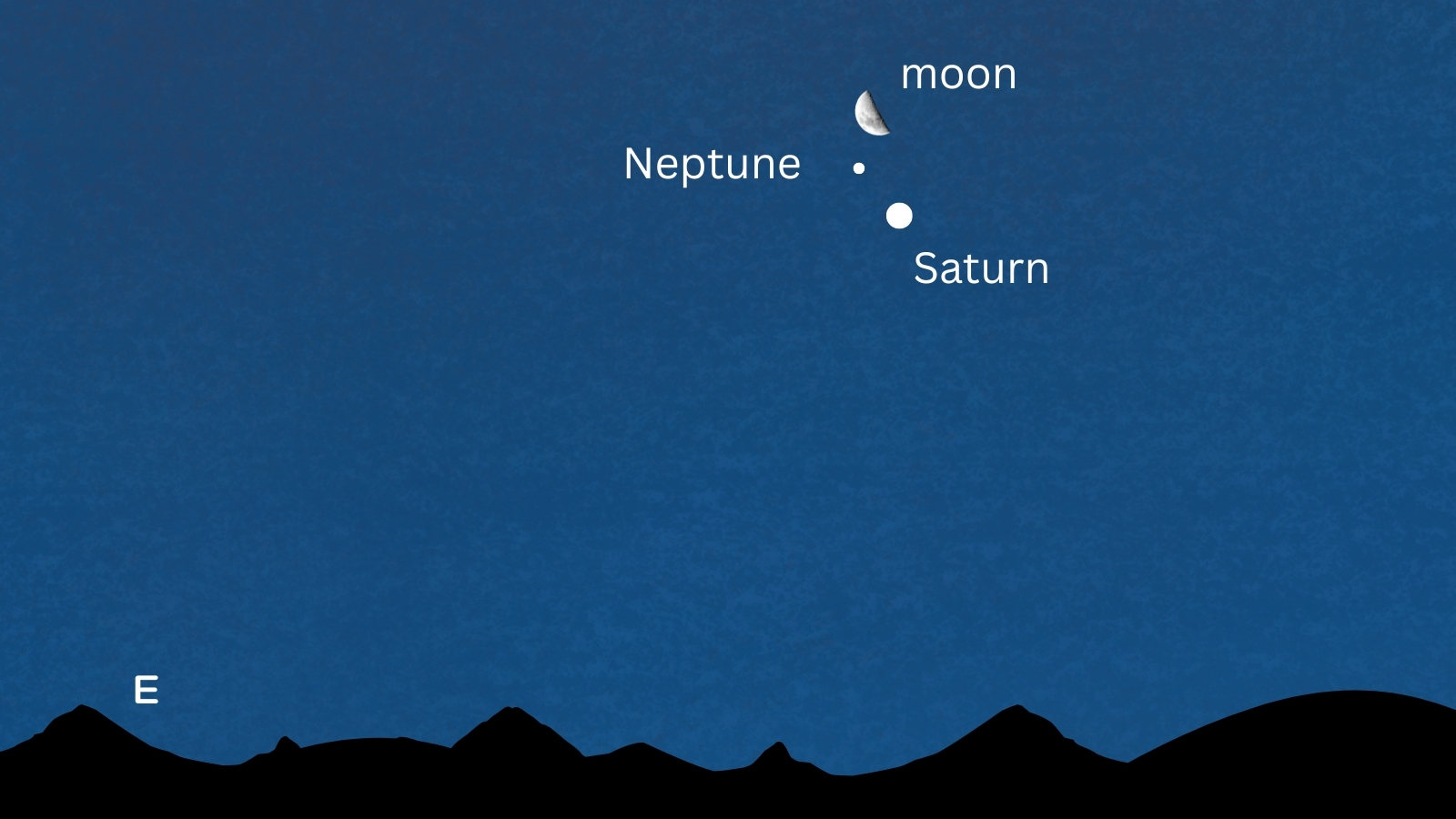New Russian rocket launches military satellite on 1st mission
The successful launch was confirmed by Roscosmos.

A lightweight member of Russia's Angara rocket family launched its first orbital mission last week, sending a military payload aloft, according to reports.
The Angara 1.2 rocket launched on April 29 from Plesetsk Cosmodrome, which is roughly 500 miles (800 kilometers) north of Moscow, according to RussianSpaceWeb.com, which is run by Russian independent journalist Anatoly Zak.
Launch success was confirmed by Russian state media, but with few details. The state-run outlet TASS said the rocket was launched "in the interests of the Russian Defense Ministry." The spacecraft has been designated Kosmos-2555 and is sending telemetry correctly, the ministry added in the report.
"The elegant, light Angara came through for us and successfully passed the test. I congratulate everyone involved with the successful launch," Dmitry Rogozin, the head of Russia's space agency Roscosmos, wrote on Telegram, per a second TASS report April 29.
The satellite launched into a near-polar orbit. Its path has been confirmed by the U.S. Space Force, which found it in an inclination of 96.5 degrees to the equator, in an initial orbit that was 173 miles by 183 miles (279 by 294 km) in altitude.
Live updates: Ukraine invasion's impact on space exploration

Later observations, RussianSpaceWeb reported, "indicated that the stage had actually boosted its apogee to an altitude of around 500 kilometers [311 miles], probably simulating a future delivery mission to a higher orbit. The vehicle could then be deorbited over the Pacific."
Breaking space news, the latest updates on rocket launches, skywatching events and more!
The Angara 1.2 can lift up to 3.8 tons (3.4 tonnes) to low-Earth orbit, RussianSpaceWeb stated, a fraction of the estimated 24.5 tons (22.2 tonnes) of payload that the thrice-flown Angara A5 heavy-lift rocket can heft into space.
This is the second launch of the Angara 1.2 family overall, following a successful suborbital test of a modified version on July 9, 2014. The suborbital test carried a mass simulator on board that stood in place of a payload.
Angara 1.2 launches are marketed by International Launch Services, a company that has historically advertised commercial missions for a variety of customers worldwide.
Russia, however, is under numerous international sanctions after its Feb. 24 invasion of Ukraine, with space entities around the world dissolving many of their partnerships with Russia.
Follow Elizabeth Howell on Twitter @howellspace. Follow us on Twitter @Spacedotcom and on Facebook.
Join our Space Forums to keep talking space on the latest missions, night sky and more! And if you have a news tip, correction or comment, let us know at: community@space.com.

Elizabeth Howell (she/her), Ph.D., was a staff writer in the spaceflight channel between 2022 and 2024 specializing in Canadian space news. She was contributing writer for Space.com for 10 years from 2012 to 2024. Elizabeth's reporting includes multiple exclusives with the White House, leading world coverage about a lost-and-found space tomato on the International Space Station, witnessing five human spaceflight launches on two continents, flying parabolic, working inside a spacesuit, and participating in a simulated Mars mission. Her latest book, "Why Am I Taller?" (ECW Press, 2022) is co-written with astronaut Dave Williams.
